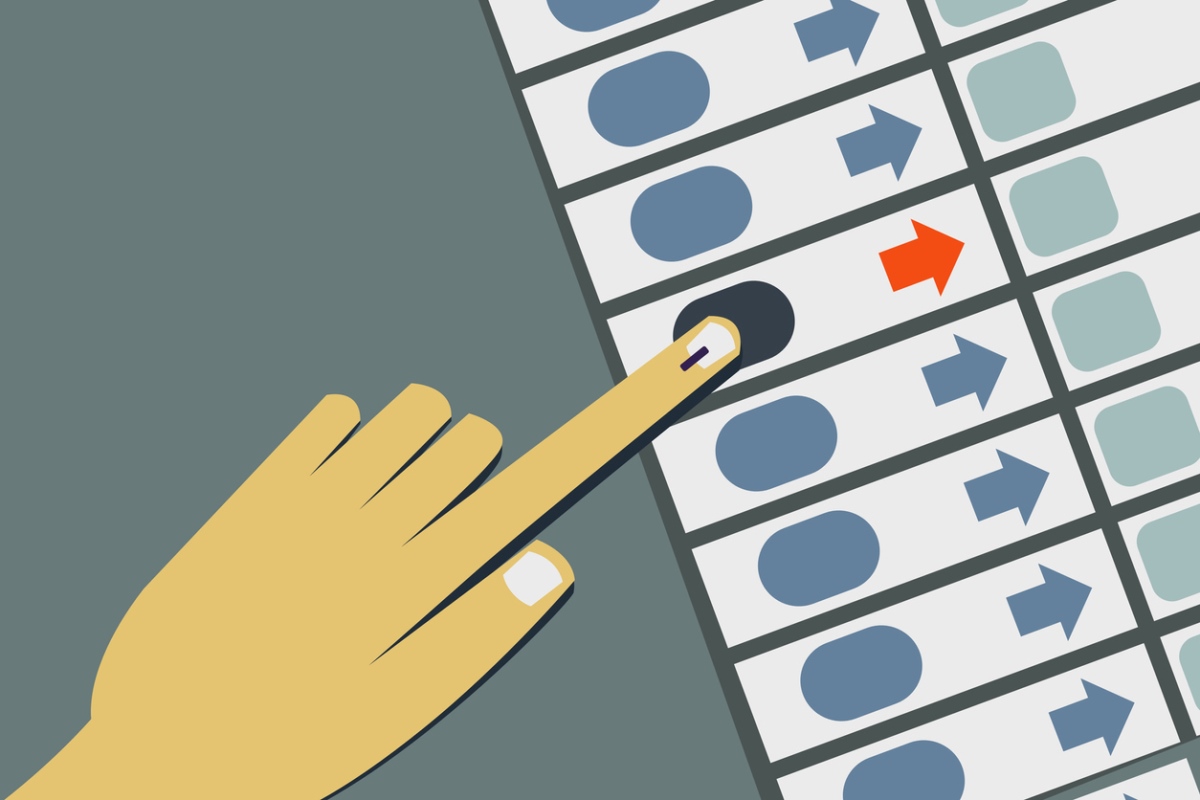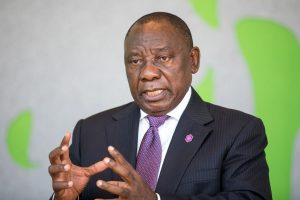India is one nation of many States. The very concept of “One Nation, One Election” (ONOE) is anathema to its quasi-federal, parliamentary system of government. ONOE is not just a step towards holding election to the Lok Sabha and the State Assemblies simultaneously as made out by the BJP and its camp followers.
In fact, the first four General Elections held in 1952, 1957, 1962 and 1967 were synchronous. Simultaneous elections were derailed mainly by the misuse of Article 356 by the party in power at the Centre. The 2014 election manifesto of the BJP promised to “seek through consultation with other parties to evolve a method of holding Assembly and Lok Sabha election simultaneously.” The Law Commission in its 2017 draft working paper on the subject outlined several difficulties in resynchronising Assembly and Lok Sabha election. Parliament’s Standing Committee, however, came out with a workable solution: combine Assembly election of half the States with the 2019 Lok Sabha election and the rest with the 2024 General Election. It was not pursued by the Modi government. Since the BJP has won a massive victory in the just concluded Lok Sabha election, Prime Minister Narendra Modi is in a hurry with his “One Nation, One Election” agenda. The plan appears to be to convert our federal system into a unitary one and parliamentary system into a presidential one.
The ONOE system is violative of the Constitution and a threat to federalism. Under its scheme, the Prime Minister can recommend dissolution of the Lok Sabha to the President and order fresh election. Chief Ministers of all the States and the Union Territories will have to fall in line to maintain synchronisation of election.
It would also usurp powers of the Governor. BR Ambedkar, author of the Constitution, told the Constituent Assembly, “Under a parliamentary system of government, there are only two prerogatives which the head of the State may exercise. One is the appointment of the Prime Minister and the other is the dissolution of Parliament.
The position of the Governor is exactly the same as the position of the President. The States are in no way dependent on the Centre for their legislative or executive authority. The Centre and the States are coequals in this matter.” The ONOE move is a misadventure that will decimate the federal structure of the nation. Although Parliament is empowered to amend the Constitution, it cannot alter its basic features like federalism. Supreme Court judgments in cases like Kesavananda Bharati vs the State of Kerala and Golak Nath vs the State of Punjab amply bear this out. The Prime Minister should keep in mind that India is one nation with 29 States and two Union Territories, whose people speak multiple languages and observe practically all major religions of the world. Unity in diversity is India’s desideratum.












